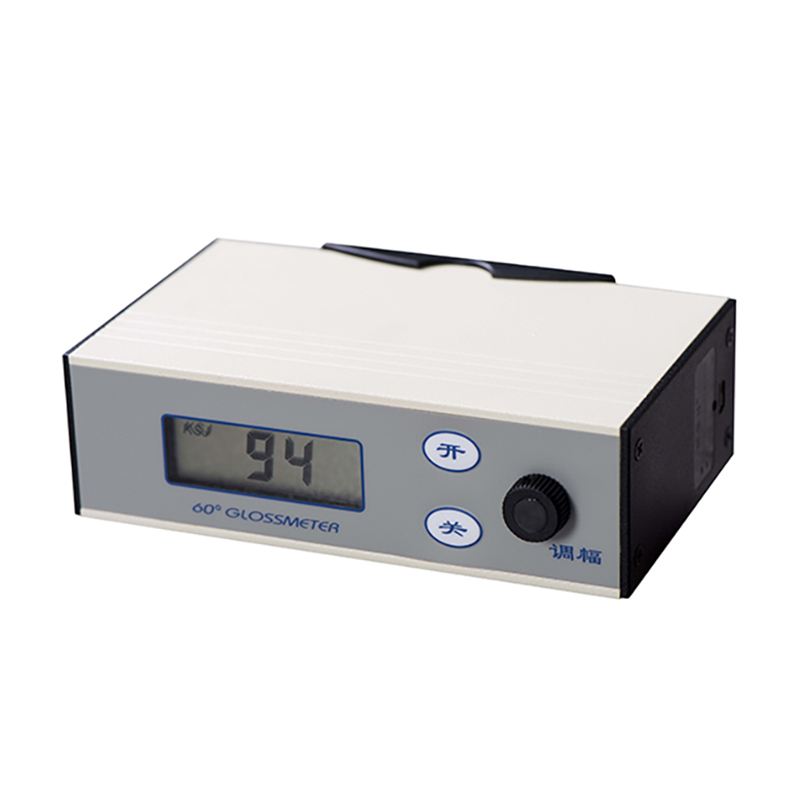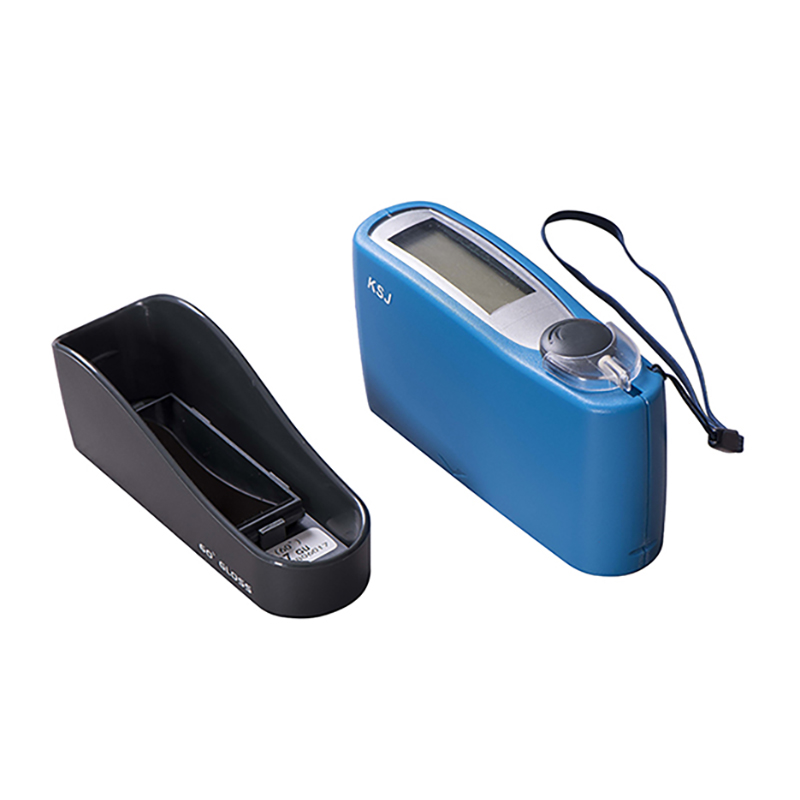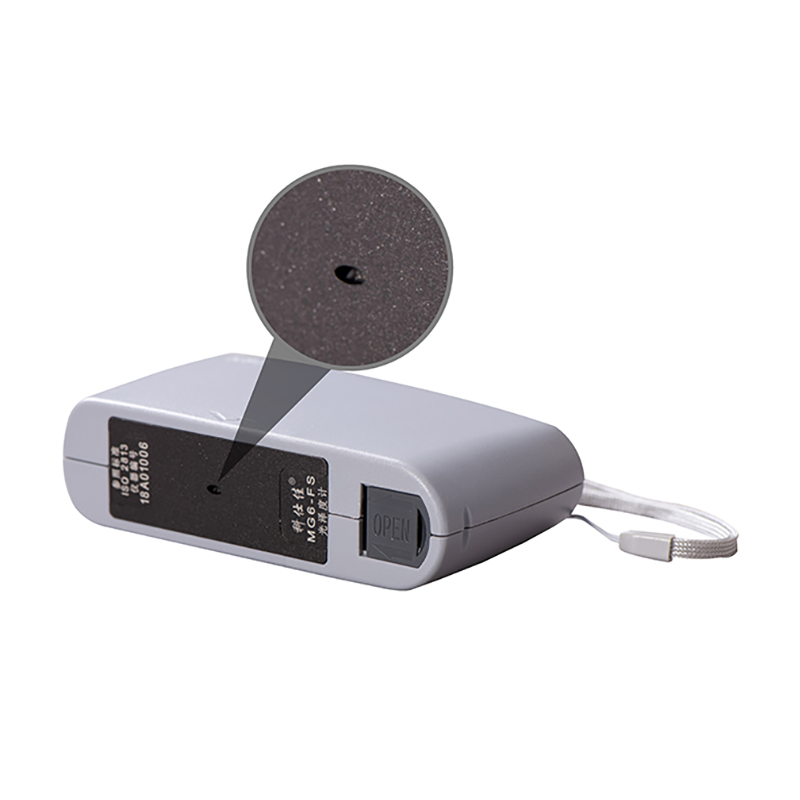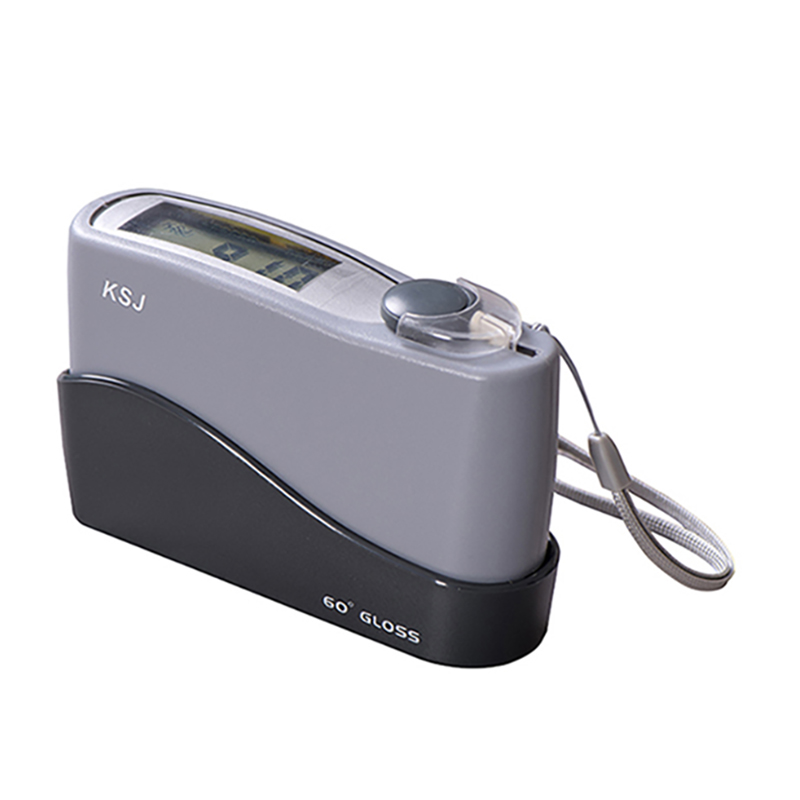头部邮箱+阿里巴巴
E-mail: sales@ksj.cn 

Enter search content

NEWS
News
Hot Products
The working principle and composition of the luminance meter
- Time of issue:2022-08-30
(Summary description)The luminance meter consists of an optical system, a detector, and a signal output processing system. Ordinary photometers can be divided into shading tube photometers, aiming point photometers, and imaging photometers. A luminance meter is a light color measuring instrument, that is, a measuring instrument for measuring luminance and chromaticity. At a certain measurement distance, the larger the field of view, the larger the aiming point to be measured.
The working principle and composition of the luminance meter
(Summary description)The luminance meter consists of an optical system, a detector, and a signal output processing system. Ordinary photometers can be divided into shading tube photometers, aiming point photometers, and imaging photometers. A luminance meter is a light color measuring instrument, that is, a measuring instrument for measuring luminance and chromaticity. At a certain measurement distance, the larger the field of view, the larger the aiming point to be measured.
- Categories:luminance meter
- Author:
- Origin:
- Time of issue:2022-08-30 11:19
- Views:0
The luminance meter consists of an optical system, a detector, and a signal output processing system. Ordinary photometers can be divided into shading tube photometers, aiming point photometers, and imaging photometers. A luminance meter is a light color measuring instrument, that is, a measuring instrument for measuring luminance and chromaticity. At a certain measurement distance, the larger the field of view, the larger the aiming point to be measured.
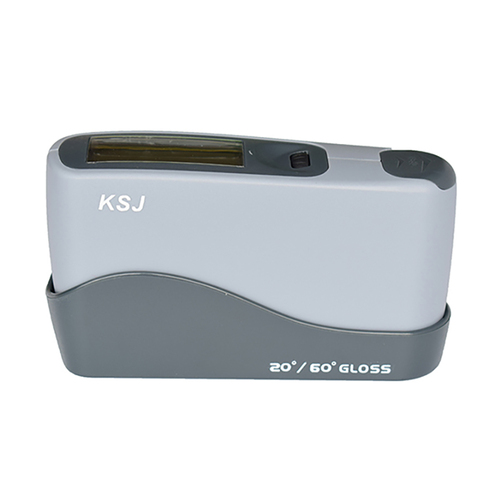
When testing, the field of view angle suitable for the target area to be tested by the luminance meter should be selected. If the field of view is too large or too small, it will bring more errors. Imaging photometers can achieve accurate photometric measurements of aiming points at different object distances through optical imaging.
Imaging luminance meters have high measurement accuracy, but when analyzing and testing luminance uniformity, it is necessary to test light-emitting surfaces point by point, which is time-consuming and labor-intensive. Imaging photometers use area-array CCDs as light detectors to simultaneously measure the luminance of millions of points in a plane with only one sample. The imaging photometer can measure the viewing angle at will, and the viewing angle is flexible. However, the V(λ) matching error of imaging photometers is more difficult to control than aiming photometers. To meet general measurement requirements, the V(λ) mismatch error should be at the national level or above.
The imaging luminance meter can easily analyze and test the brightness uniformity and has the characteristics of fast measurement speed and high precision. It is widely used on various occasions such as on display screens, lighting projects, and indicator lights. It is used to measure the illuminance and brightness values of light sources or illuminated objects. They are the most basic equipment in the field of optical radiation measurement. They are widely used in the measurement and evaluation of lighting environments and lighting equipment, and their performance directly determines the accuracy of the measurement.
Through the above introduction and analysis of the working principle and composition of the luminance meter, hope it helps you.
Scan the QR code to read on your phone

After eighteen-years’development, KSJ Glossmeters have been widely used all over the world in gloss measuring of paintwork, decorative materials, woodenwares, ceramic, printing ink, paper, as well as metal polishing and depositing. And becoming the first choice for experts in the above fields.
Online Message
Contact Us














